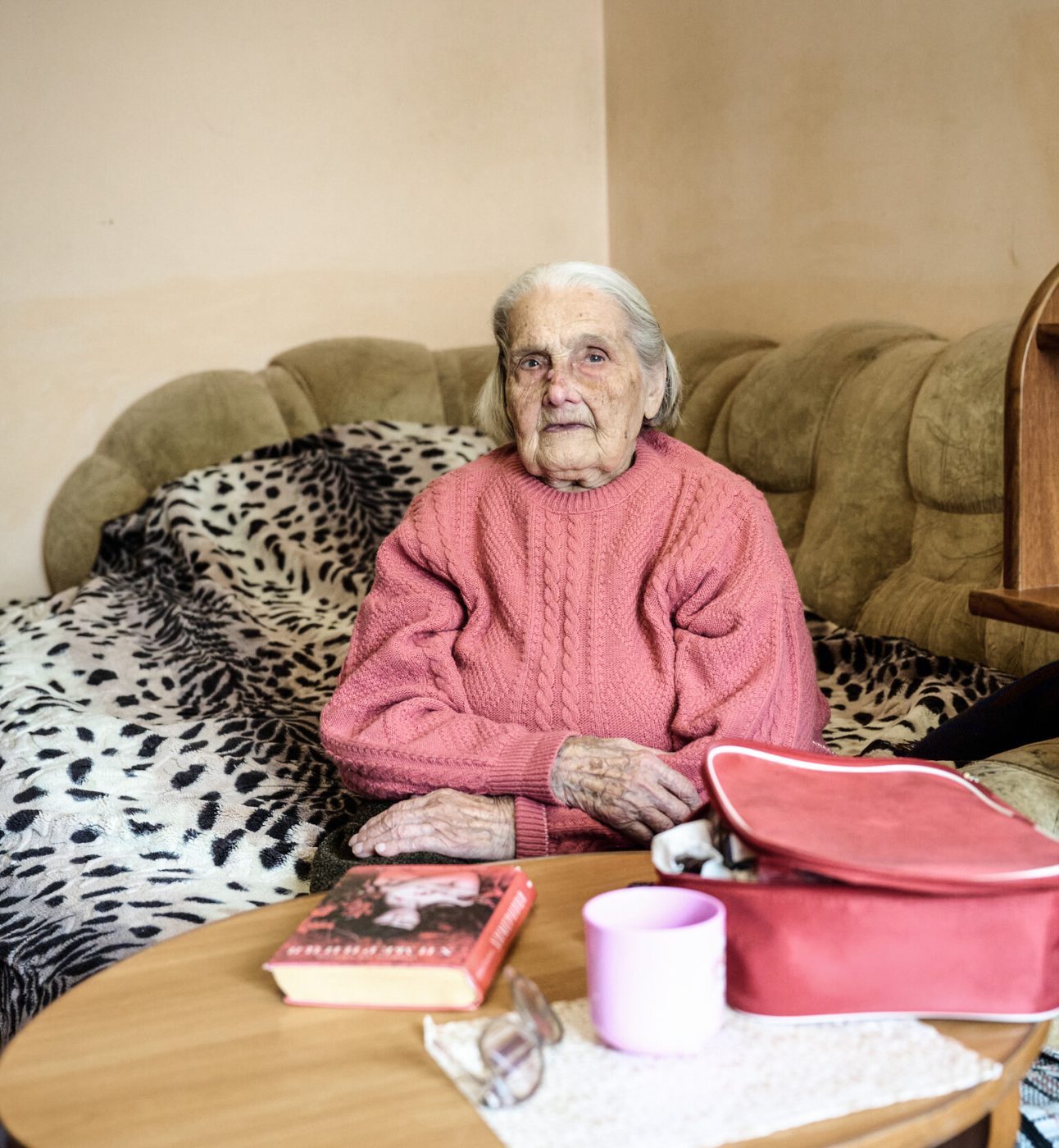
HelpAge Ukraine Spotlight (November 2025)
An update on our activities in Ukraine in November 2025
We offer an extensive collection encompassing decades of experience. Dive into our vast library and download free publications on ageing and older people.

An update on our activities in Ukraine in November 2025
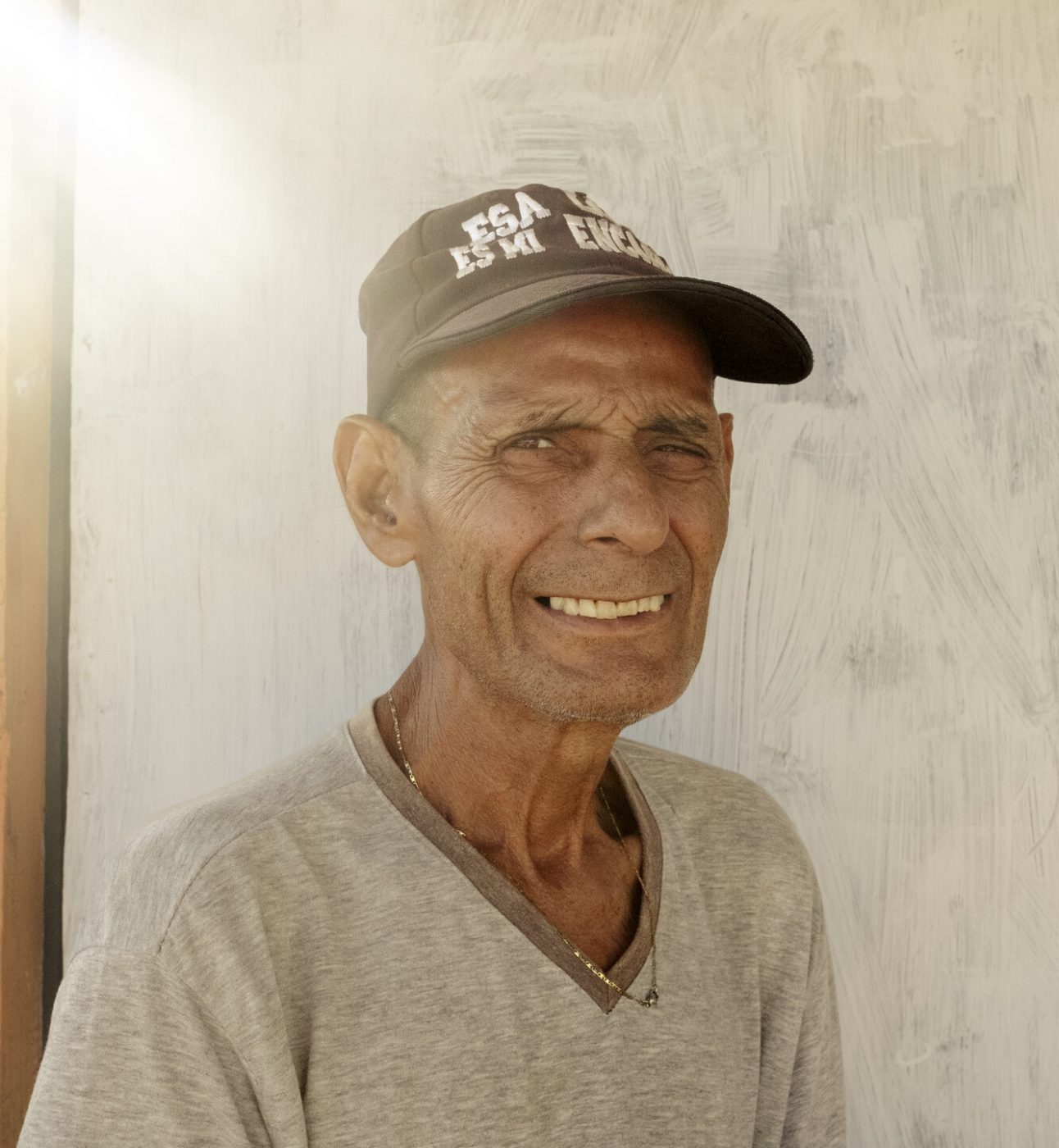
HelpAge’s 2024–25 Learning Report shares insights from global research on how ageism intersects with gender, disability, crisis and displacement.

An update on our activities in Ukraine in October 2025
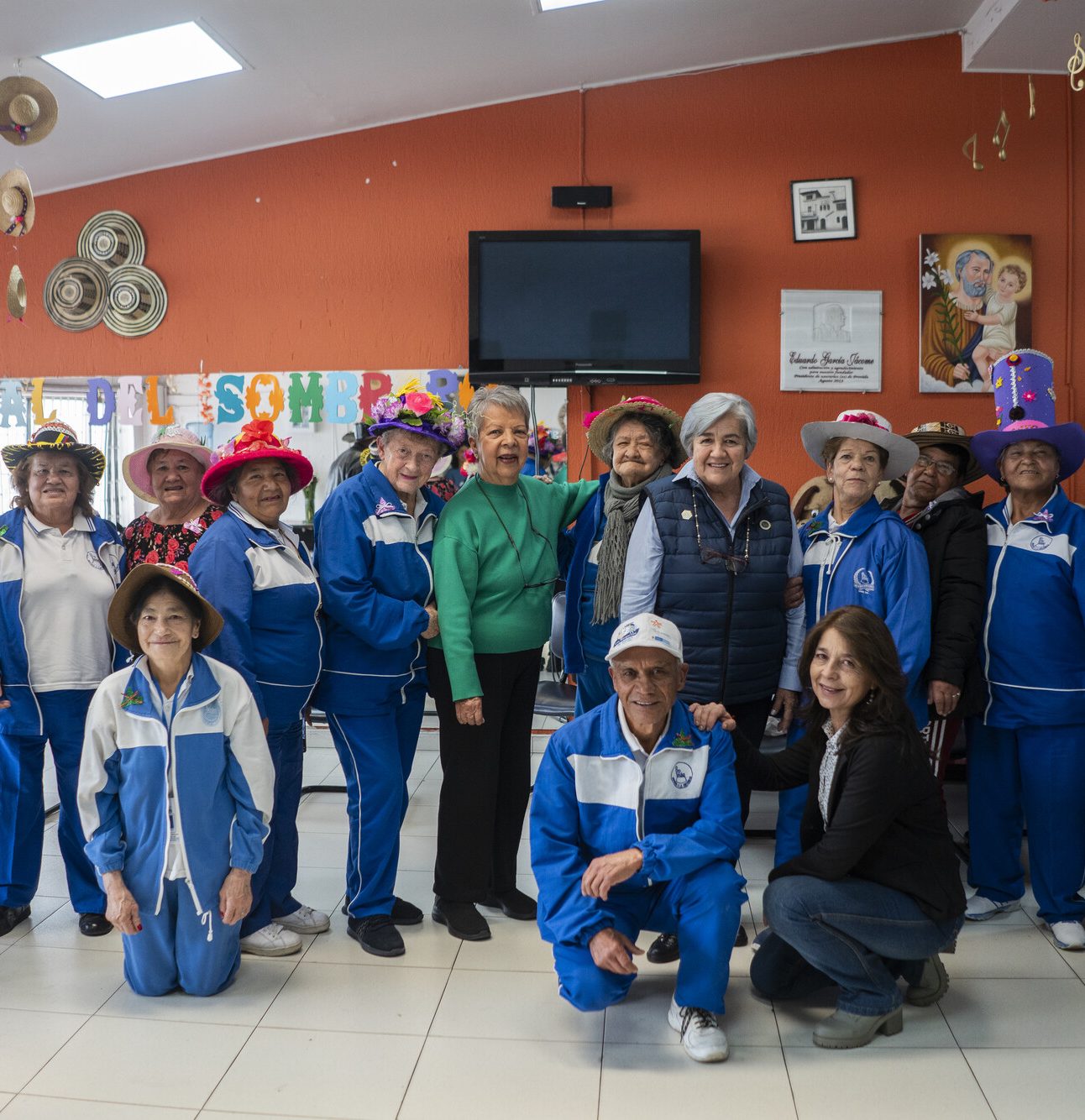
A new study shows that creating age-friendly cities and communities can improve the lives of older people by reducing their experiences of ageism, strengthen wellbeing, social cohesion, and equality for everyone.
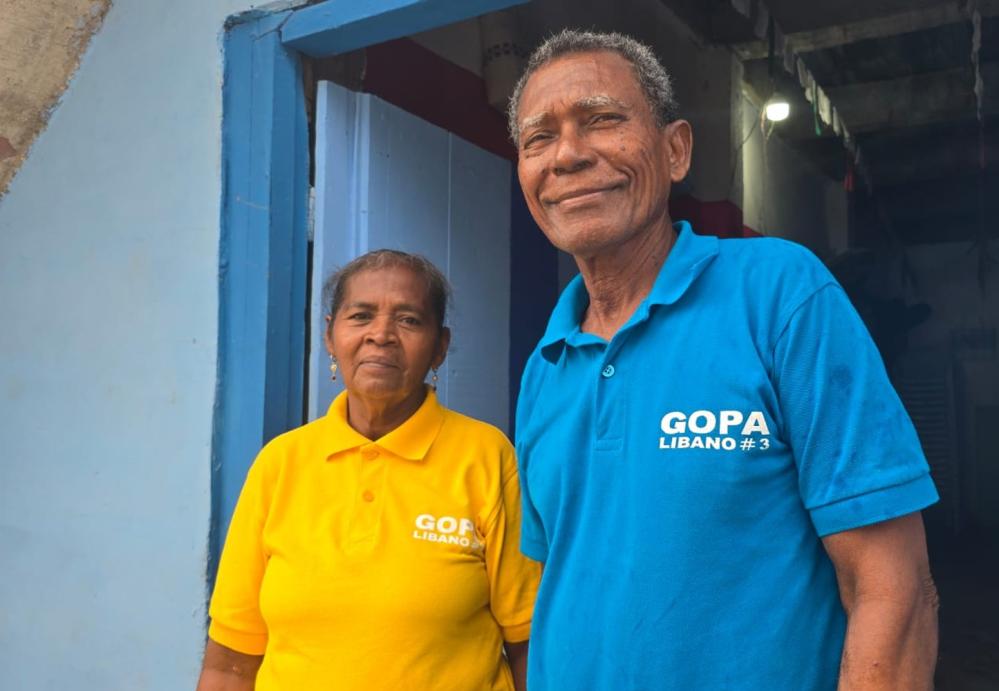
This policy brief shares key findings from the first use of the WHO Ageism Scale in Latin America.
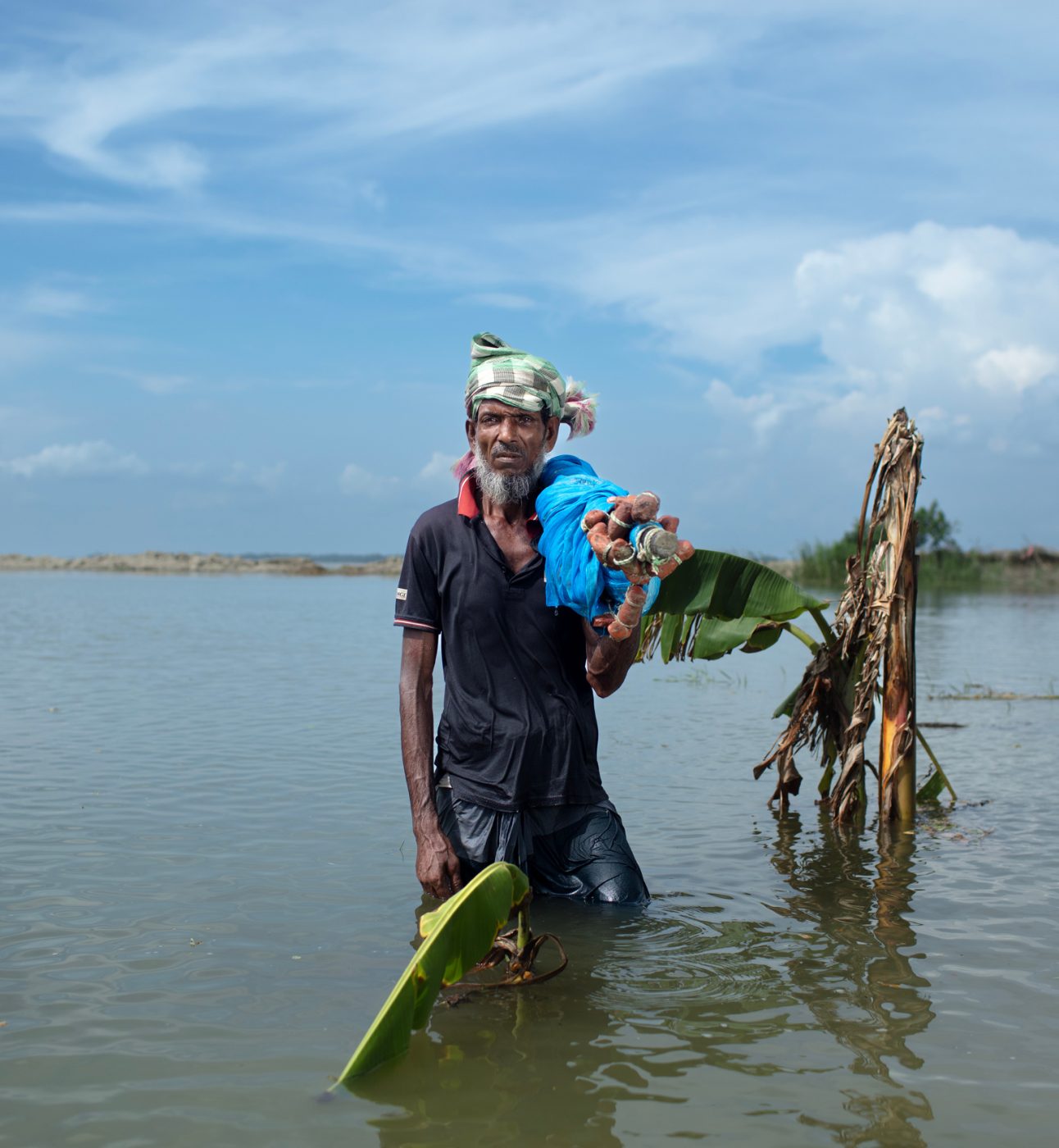
This report highlights our actions and progress from April 2024 to March 2025.

The findings of this study are stark: in humanitarian funding databases, only 0.1% of project titles mention older people, and just 6.5% of project descriptions refer to them.

An update on our activities in Ukraine in September 2025
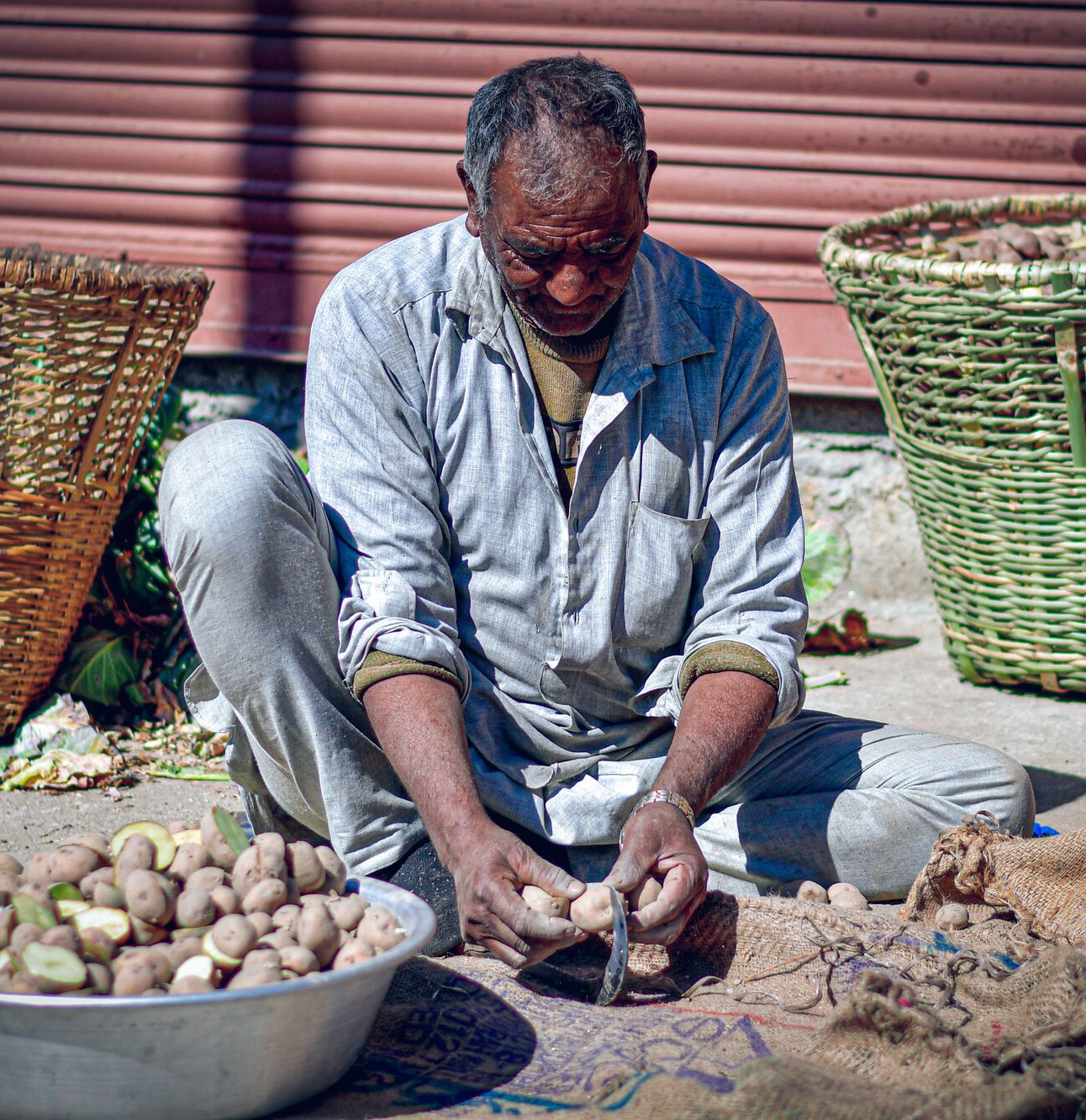
HelpAge's response to the Political Declaration of the 4th High Level Meeting on NCDs and the promotion of mental health and wellbeing
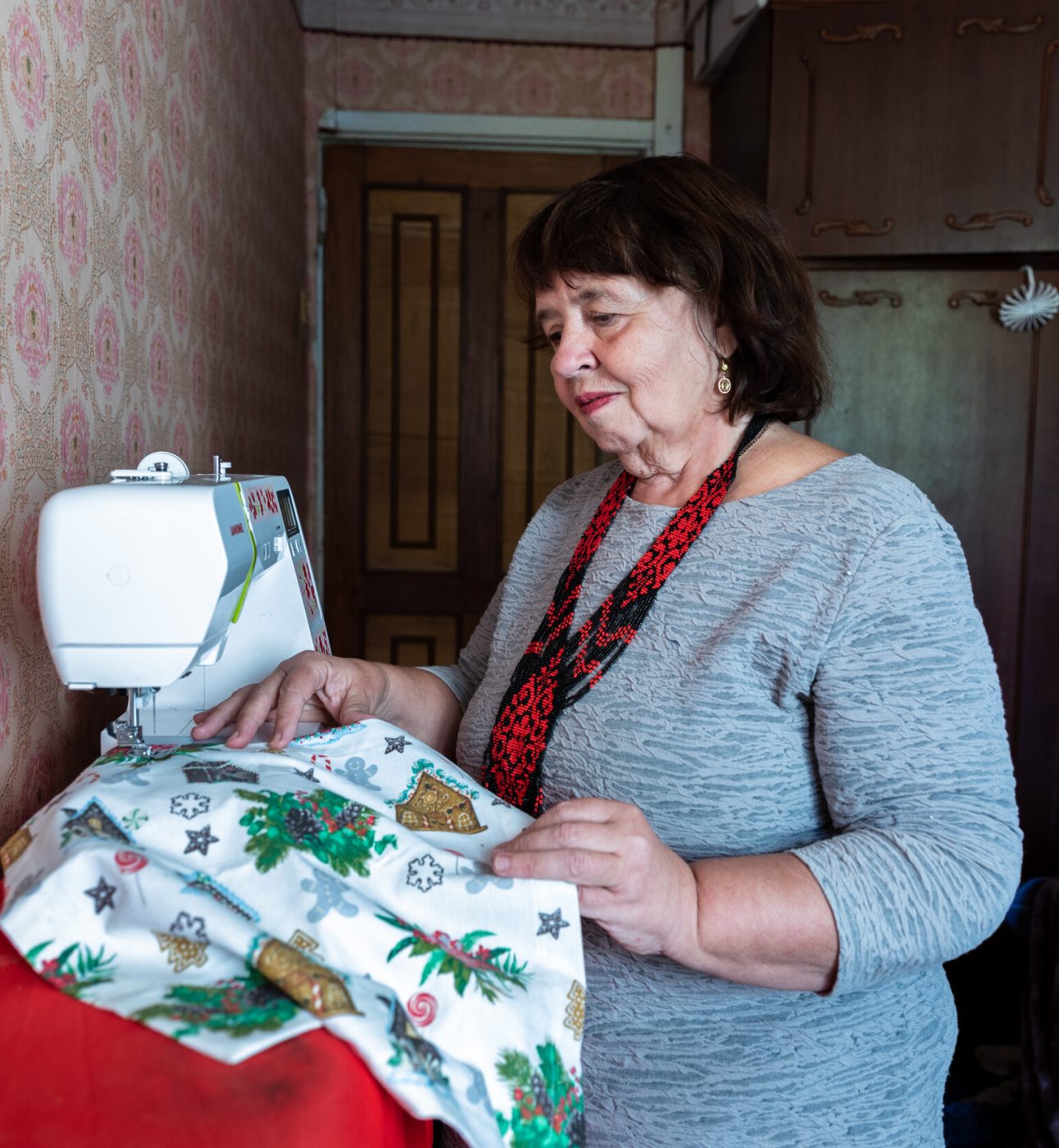
An update on our activities in Ukraine in August 2025
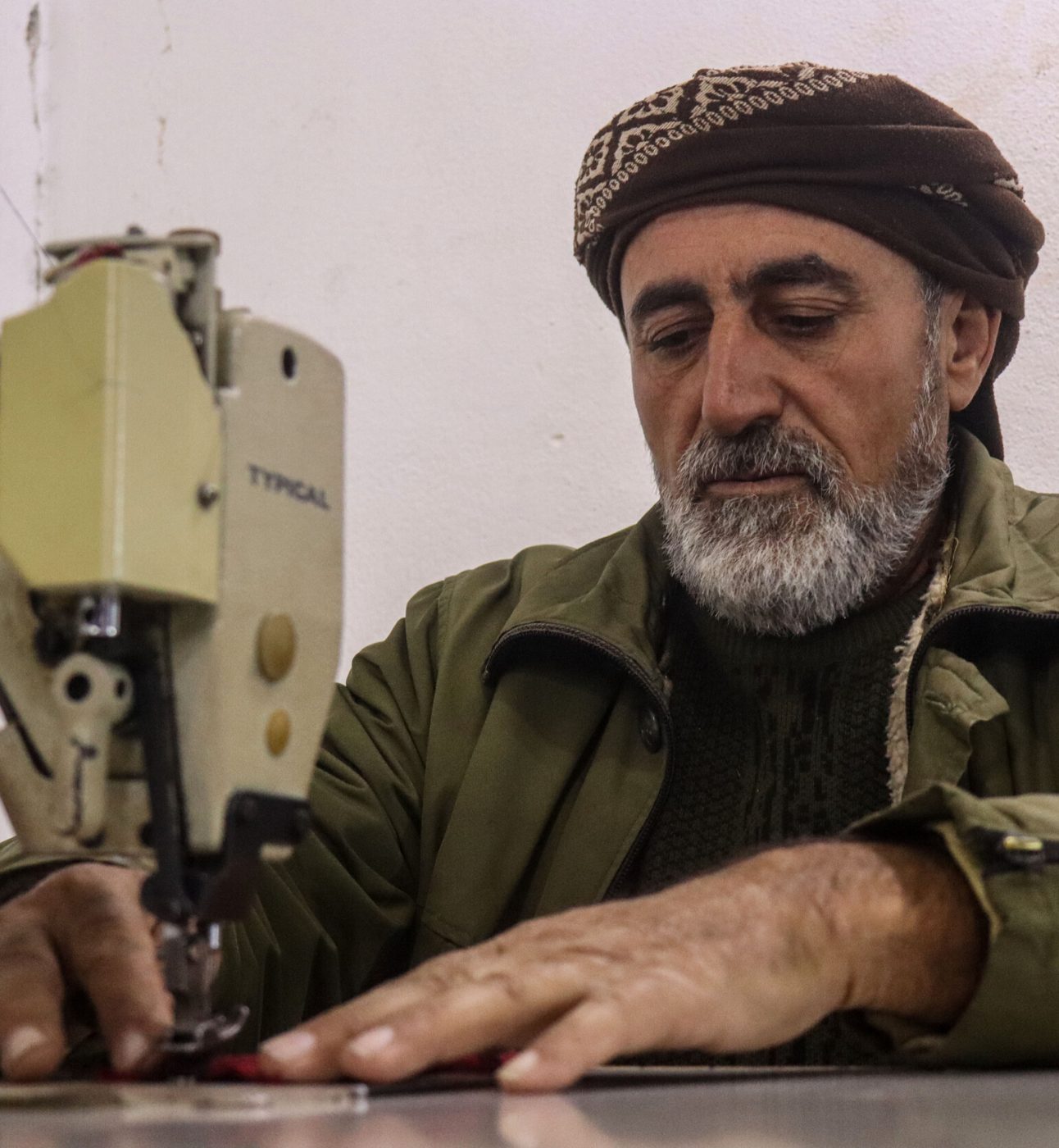
This report calls for inclusive, evidence-based humanitarian action that integrates older people’s perspectives at every stage - from data collection and needs assessments to programme design and evaluation.

This report calls for inclusive, evidence-based humanitarian action that integrates older people’s perspectives at every stage - from data collection and needs assessments to programme design and evaluation.